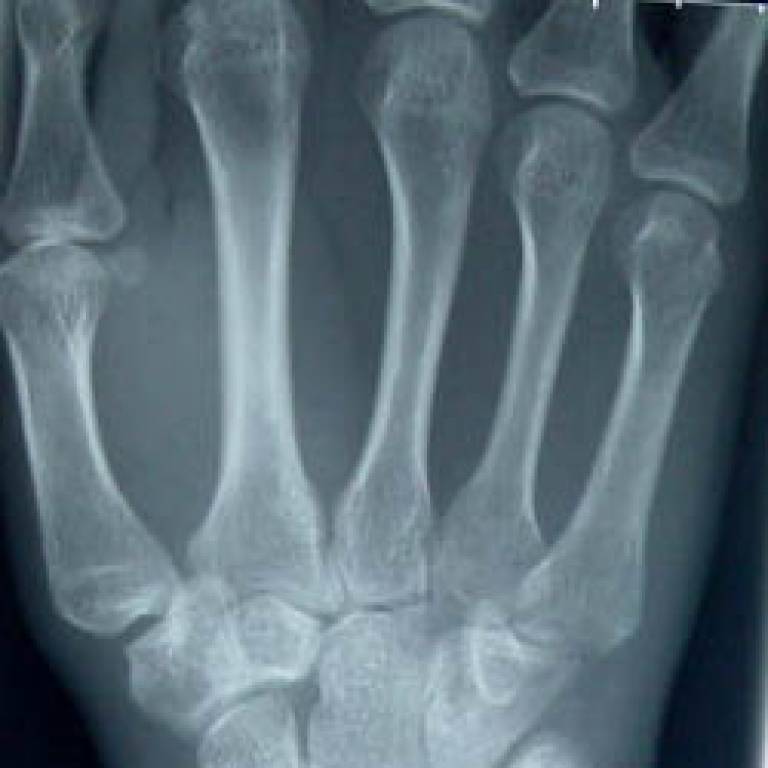£3 million of funding for promising UCL engineering researchers
11 April 2011
Links:
 ucl.ac.uk/research/personal/index?upi=MHAKL64" target="_self">Dr Muki Haklay
ucl.ac.uk/research/personal/index?upi=MHAKL64" target="_self">Dr Muki Haklay
Three UCL engineering researchers have each received £1 million of funding from the Engineering and Physical Sciences Research Council (EPSRC), in a scheme that recognises the most promising engineering researchers in the UK.
UCL researchers took three of the total ten EPSRC Challenging Engineering awards given this year, which aim to help those early in their career to establish themselves as future leaders of research.
The award-winners and their research aims are listed below.
- Dr Muki Haklay (UCL Civil, Environmental and Geomatic Engineering) will create a research group to enable communities to undertake citizen science activity. This will provide more data and other resources for professional scientists, while increasing research impact and raising scientific understanding across society.
- Dr Alessandro Olivo (UCL Medical Physics & Bioengineering) aims to transform the use of X-rays in science and society by exploring a new approach to X-ray imaging that leads to stronger image contrast, which could be used in a variety of applications including medicine, biology, material science and security.
- Dr Eleanor Stride (UCL Mechanical Engineering) will focus on therapeutic imaging. She aims to build a world-leading multi-disciplinary team to develop new methods and technologies that will integrate diagnostic and therapeutic procedures and produce a step change in clinical practice.
Professor Anthony Finkelstein, Dean of UCL Engineering Sciences, said: "Our success in the Challenging Engineering Awards reflects our commitment to exciting interdisciplinary engineering. In a very real sense the scheme aims to support exactly the work we like doing - work that challenges boundaries and is fearless in addressing big problems."
UCL now holds six of the 38 Challenging Engineering awards made to date, more than any other university. Dr Adam Gibson (UCL Medical Physics and Bioengineering), Dr Ka-man Lai and Dr Tiziana Rossetto (both of UCL Civil, Environmental and Geomatic Engineering) previously won grants to research medical imaging; infrastructure and 21st-century infectious diseases; and directing engineering investment to minimise the adverse effects of earthquakes and tsumanis on local populations, respectively.
Image: 'X-ray' by tompagenet on Flickr
UCL context
The Faculty of Engineering Sciences includes the departments of Biochemical Engineering; Chemical Engineering; Civil, Environmental and Geomatic Engineering; Computer Science; Electronic and Electrical Engineering; Management Science and Innovation; Mechanical Engineering; Medical Physics and Bioengineering; Security and Crime Science; and the School of Energy and Resources, Australia.
Its teaching programmes focus on areas that have the biggest impact in the world, and their content is led by the best international research. The faculty's work transcends the boundaries between academic subjects and departments, and its students, staff and partners are distinctly international.
Related news
Mapping for Change: new social enterprise to support sustainable communities
Watch: The promise of microbubbles
 Close
Close

